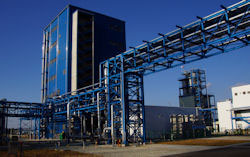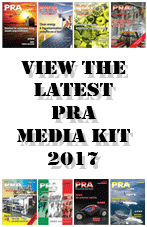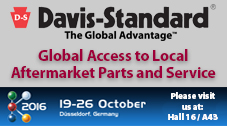BASF expands capacity of Ultrason in South Korea

German chemicals firm BASF is setting up an additional production line for Ultrason polyarylsulphone at its site in Yeosu, Korea. The new line will start up at the end of 2017, adding a production capacity of 6,000 tones/year and bringing BASF’s total capacity of Ultrason to 24,000 tonnes/year.
“With this expansion we respond to global market growth. Our customers worldwide will benefit from BASF’s strong production set-up in two key regions,” said Raimar Jahn, President, Performance Materials, BASF.
BASF produces Ultrason in Ludwigshafen, Germany and in Yeosu, Korea. Following the start-up of the plant in South Korea in 2014, the company says it continues its commitment to supplying markets globally with high performance thermoplastics. Both locations are designed to produce the entire product range and provide BASF with the flexibility to optimise supply capabilities to customers around the world.

Ultrason is the trade name for BASF’s product range of polyethersulphone (Ultrason E), polysulphone (Ultrason S), and polyphenylsulphone (Ultrason P).
“This investment strengthens our competitive position and increases our flexibility to provide all grades of Ultrason to our customers in Asia and worldwide,” said Kin Wah Chay, Vice President, Global Business Management Specialty Plastics, BASF.
Ultrason is used in applications in the consumer, electronics, automotive and aerospace industries. Common applications include heat-resistant, lightweight components in, for example, household appliances or fittings for drinking water pipes.
The market growth of polyarylsulphones is strongest for filtration membranes in technical and healthcare applications – especially in Asia’s emerging markets.
(PRA)Copyright (c) 2016 www.plasticsandrubberasia.com. All rights reserved.














































